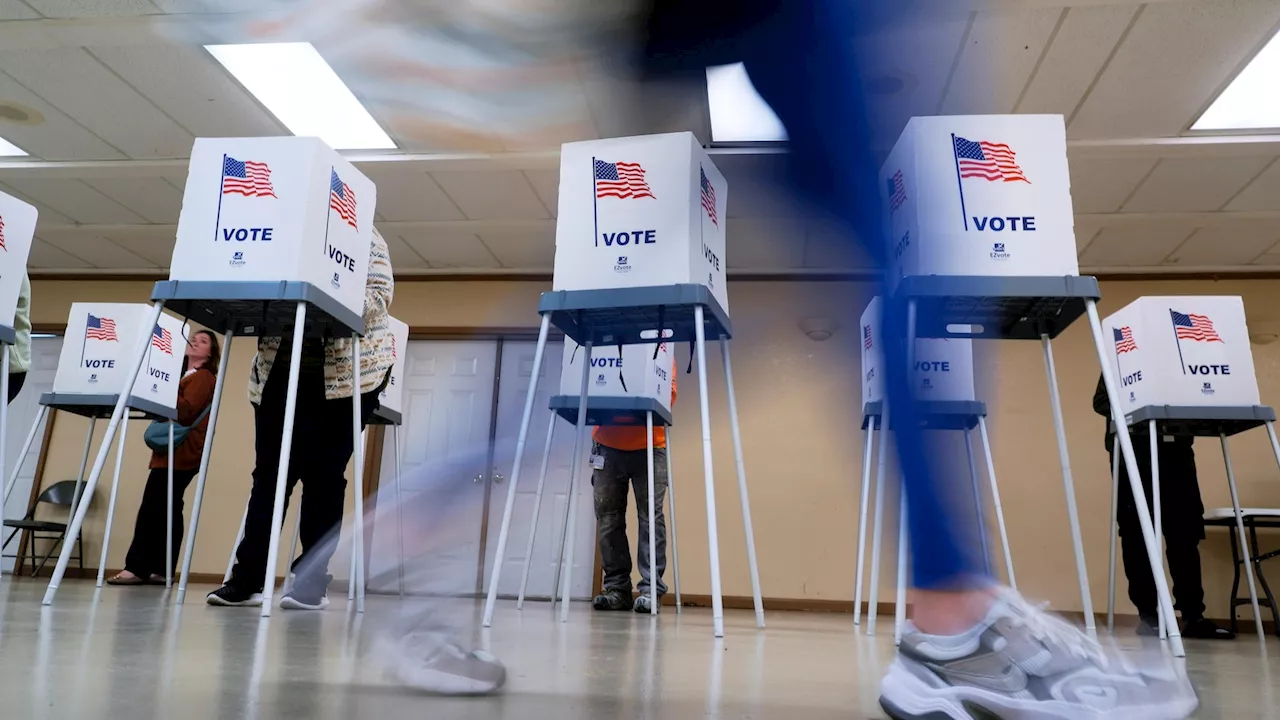The United States is witnessing a significant population shift, with the South experiencing rapid growth while the Northeast and Midwest are shrinking. This demographic change poses a serious challenge to the Democratic Party, as it could lead to a loss of seats in Congress and weaken their electoral prospects.
The United States is experiencing a dramatic shift in population, with states in the South rapidly expanding while those in the Northeast and Midwest are shrinking. This demographic change has significant political implications, as it threatens to weaken the Democratic Party's hold on power. Democrats are facing a daunting challenge: they must find a way to win or compete in the South if they want to maintain control of the government.
Analysis from the Brennan Center for Justice, a left-leaning think tank, projects that Democratic states will lose 12 seats in the 2024 census, while the American Redistricting Project, a right-leaning organization, predicts a similar shift with a loss of 11 seats. Both reports highlight the South's growing dominance, gaining more House seats than ever before. This trend reflects a long-term movement of Americans and immigrants toward warmer climates, lower taxes, affordable housing, and abundant job opportunities.The South's political landscape is predominantly Republican, making it a major concern for Democrats. States like California, Illinois, and New York, which have traditionally supported Democratic candidates, are projected to lose seats in the next census. Conversely, Republican strongholds like Florida and Texas are expected to gain seats. If current projections hold, it would significantly impact the balance of power in Congress and the Electoral College. Democrats would need to make significant gains in the South to maintain their hold on the White House, the House of Representatives, or the Senate. This could involve focusing on key swing states like Arizona, Georgia, and North Carolina, or attempting to turn Texas blue or reverse the trend in Florida. However, Republicans have been making inroads with Hispanic voters, a traditionally Democratic voting bloc.Democrats need to reorient their strategy and find ways to appeal to voters in the South and other parts of the country that have shifted toward the Republican Party. This may require them to emphasize working-class values, address concerns about economic inequality, and shed the perception of being an elitist party.
Demographics Election Political Parties United States Population Shift South Democrats Republicans
United States Latest News, United States Headlines
Similar News:You can also read news stories similar to this one that we have collected from other news sources.
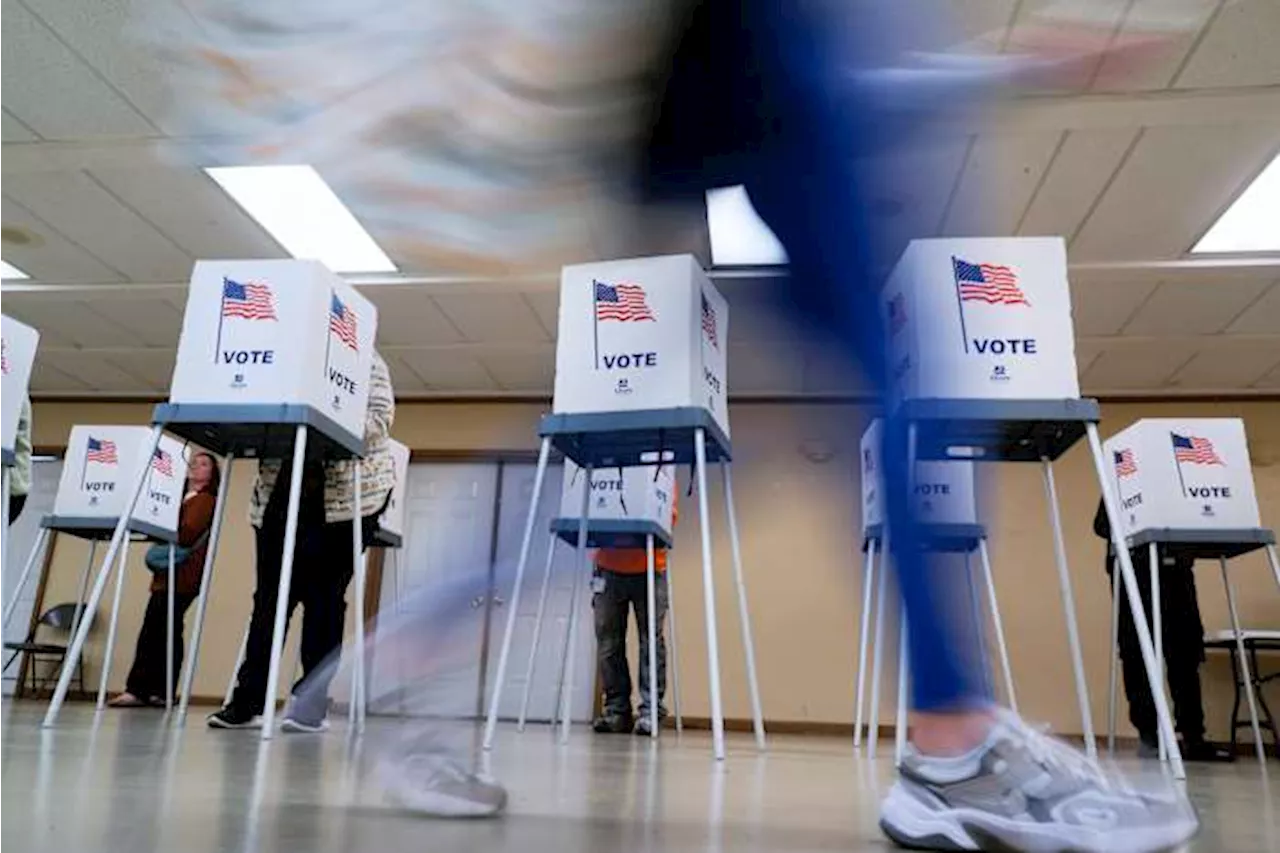 Demographic Shifts Threaten Democrats' Long-Term ProspectsThe US population is moving South, potentially impacting the balance of power in Congress and the White House. Democrats face a challenge winning in this region, which could have significant consequences for the future of the party.
Demographic Shifts Threaten Democrats' Long-Term ProspectsThe US population is moving South, potentially impacting the balance of power in Congress and the White House. Democrats face a challenge winning in this region, which could have significant consequences for the future of the party.
Read more »
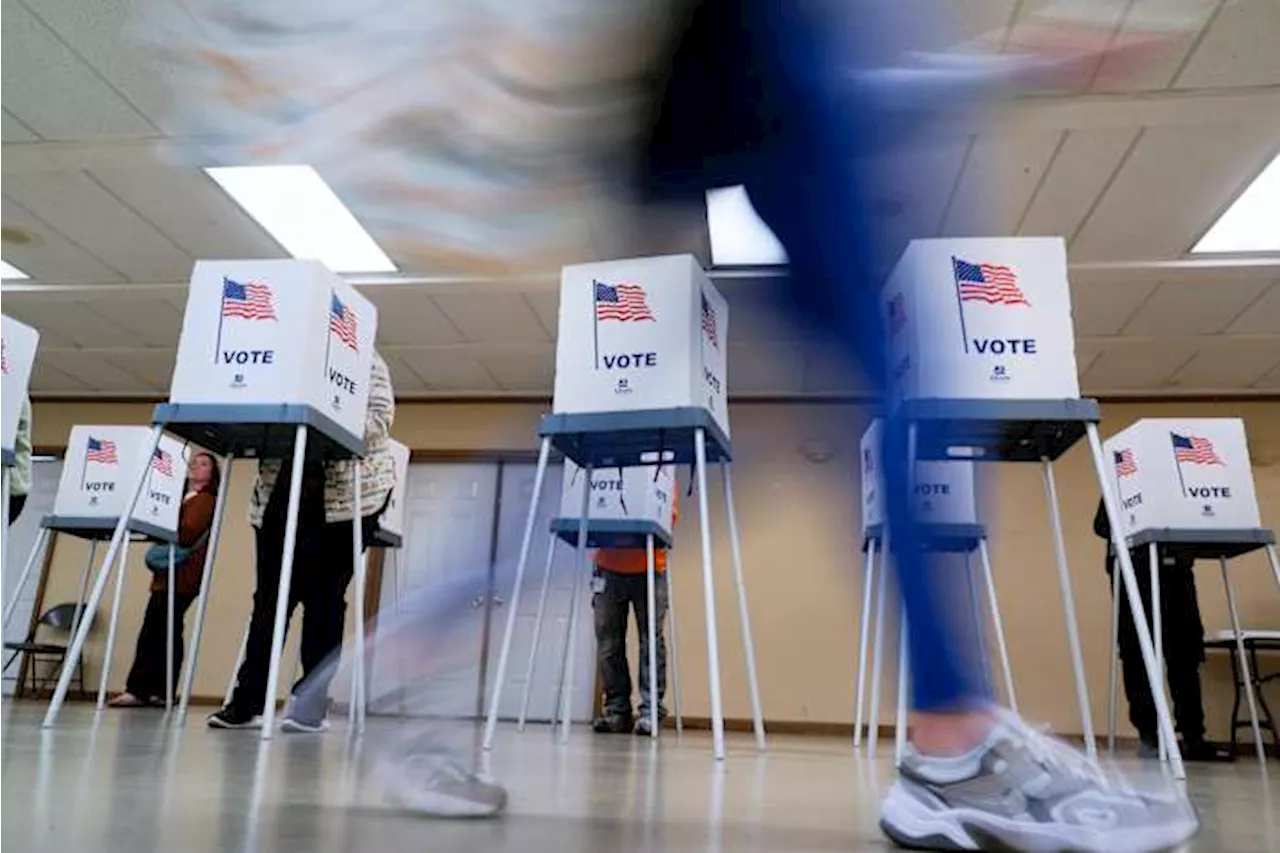 Demographic Shifts Threaten Democratic Party's FutureA deep dive into how the changing demographics of the United States are impacting the Democratic Party's electoral prospects. The article explores the population growth in the South and the decline in traditionally Democratic areas, analyzing its potential consequences for future elections.
Demographic Shifts Threaten Democratic Party's FutureA deep dive into how the changing demographics of the United States are impacting the Democratic Party's electoral prospects. The article explores the population growth in the South and the decline in traditionally Democratic areas, analyzing its potential consequences for future elections.
Read more »
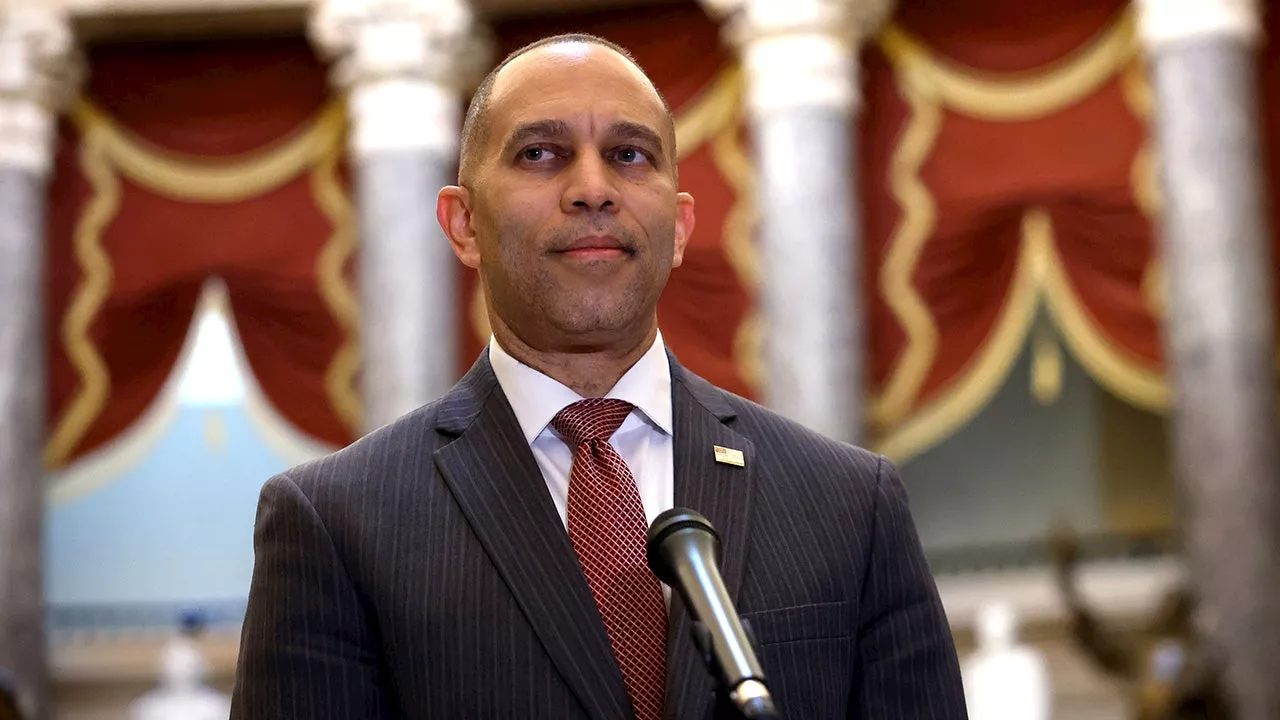 House Democrats Reject New Spending Proposal, Threaten ShutdownHouse Democrats oppose the latest spending plan released by Speaker Mike Johnson, calling it 'not serious' and 'laughable.' The proposal, which includes extending government funding for three months and suspending the debt limit for two years, faces stiff resistance from both Democrats and some Republicans who believe it increases spending without sufficient cuts.
House Democrats Reject New Spending Proposal, Threaten ShutdownHouse Democrats oppose the latest spending plan released by Speaker Mike Johnson, calling it 'not serious' and 'laughable.' The proposal, which includes extending government funding for three months and suspending the debt limit for two years, faces stiff resistance from both Democrats and some Republicans who believe it increases spending without sufficient cuts.
Read more »
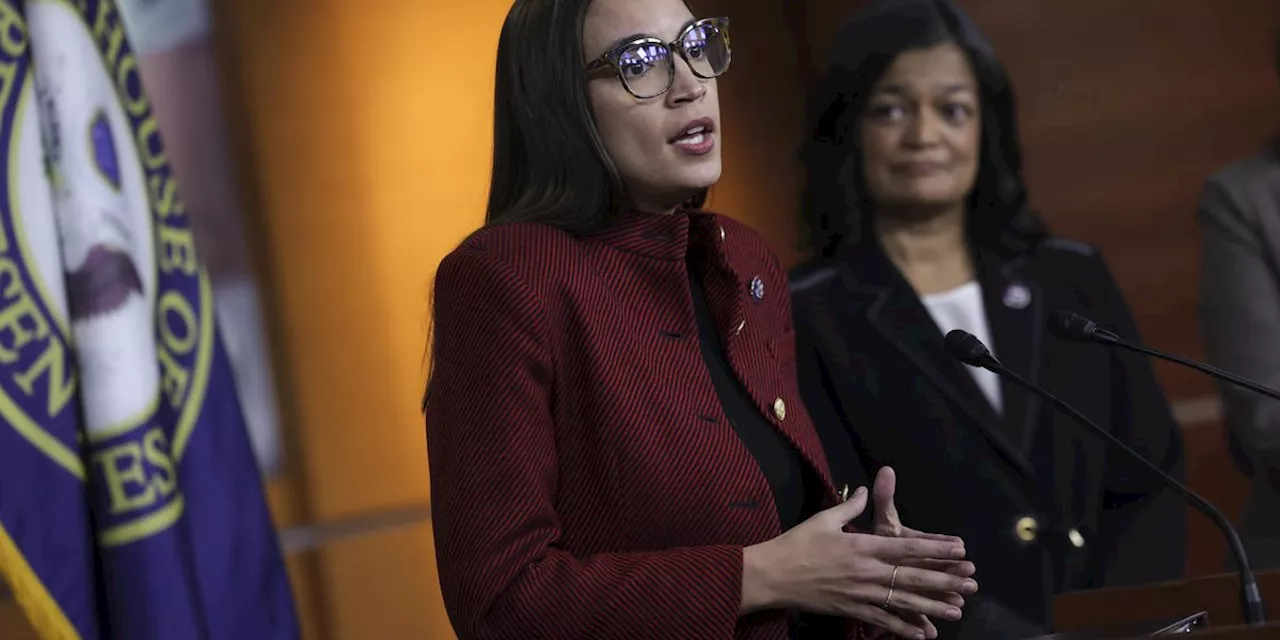 Democrats Slam GOP Spending Bill, Threaten Government ShutdownHouse rejects Republican spending plan amid last-minute negotiations to avert shutdown. Democrats criticize cuts to healthcare and billionaire influence.
Democrats Slam GOP Spending Bill, Threaten Government ShutdownHouse rejects Republican spending plan amid last-minute negotiations to avert shutdown. Democrats criticize cuts to healthcare and billionaire influence.
Read more »
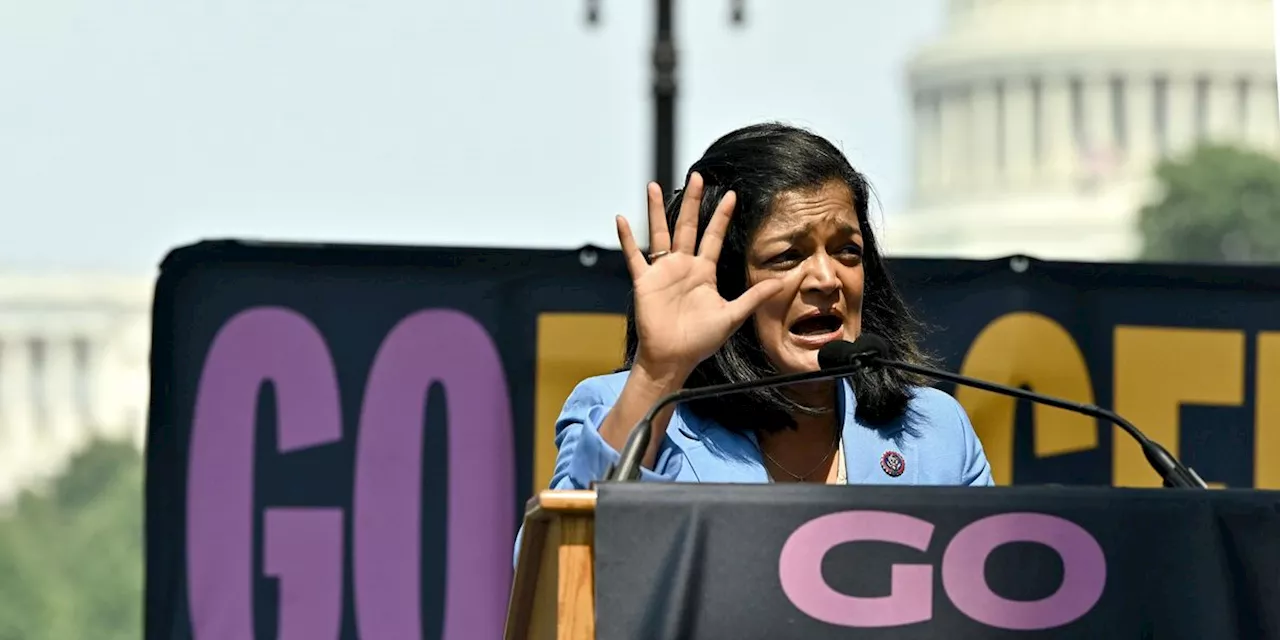 Progressive Democrats Threaten to Block Infrastructure Deal Without Budget ReconciliationHouse progressives are demanding a larger budget reconciliation package to accompany a bipartisan infrastructure deal approved by the Senate. This comes after Senator Kyrsten Sinema's opposition to a $3.5 trillion climate and social spending proposal.
Progressive Democrats Threaten to Block Infrastructure Deal Without Budget ReconciliationHouse progressives are demanding a larger budget reconciliation package to accompany a bipartisan infrastructure deal approved by the Senate. This comes after Senator Kyrsten Sinema's opposition to a $3.5 trillion climate and social spending proposal.
Read more »
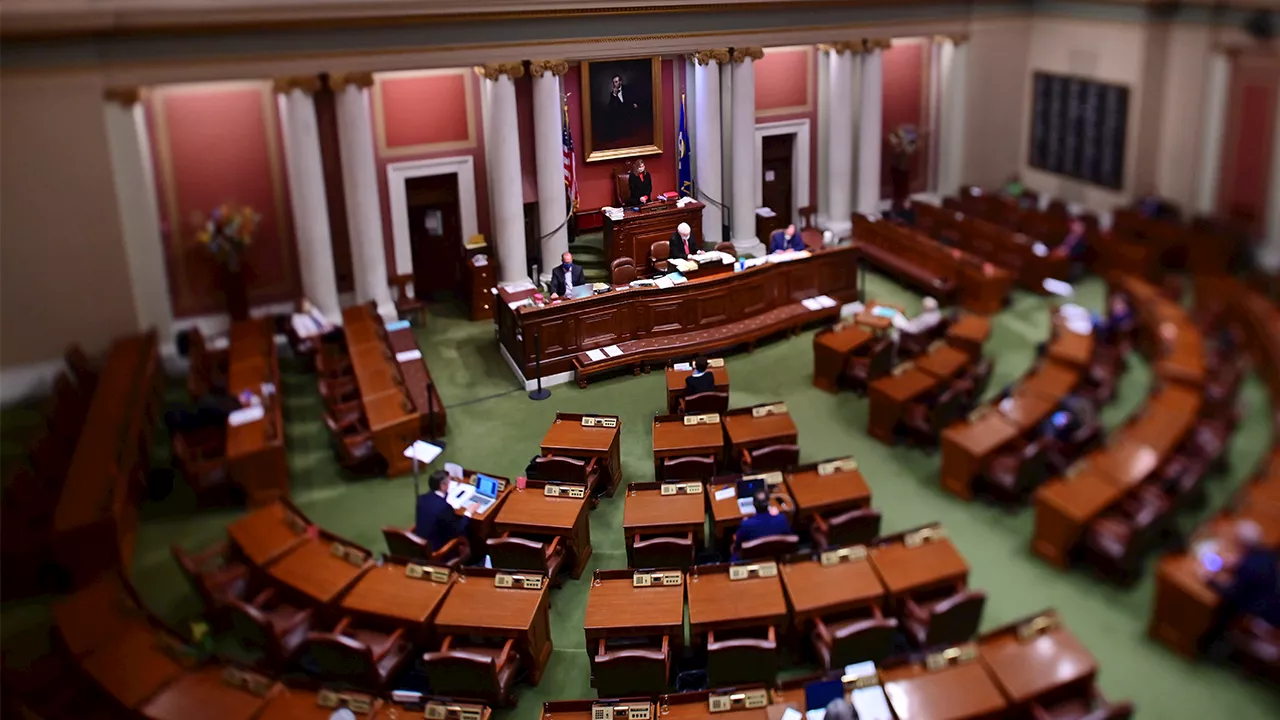 Minnesota House Democrats threaten to skip first two weeks of legislative session, preventing GOP quorumHouse Democrats in Minnesota's legislature are threatening to skip out on the first two weeks of the legislative session starting Jan. 14.
Minnesota House Democrats threaten to skip first two weeks of legislative session, preventing GOP quorumHouse Democrats in Minnesota's legislature are threatening to skip out on the first two weeks of the legislative session starting Jan. 14.
Read more »
